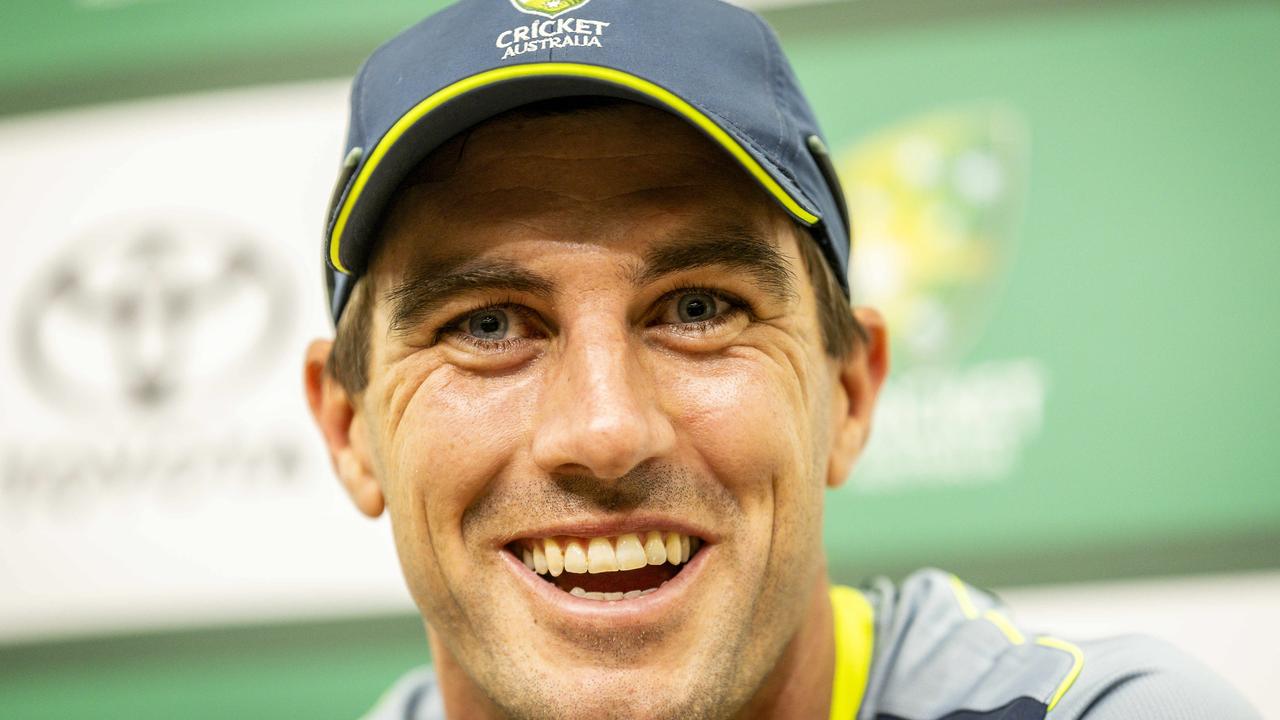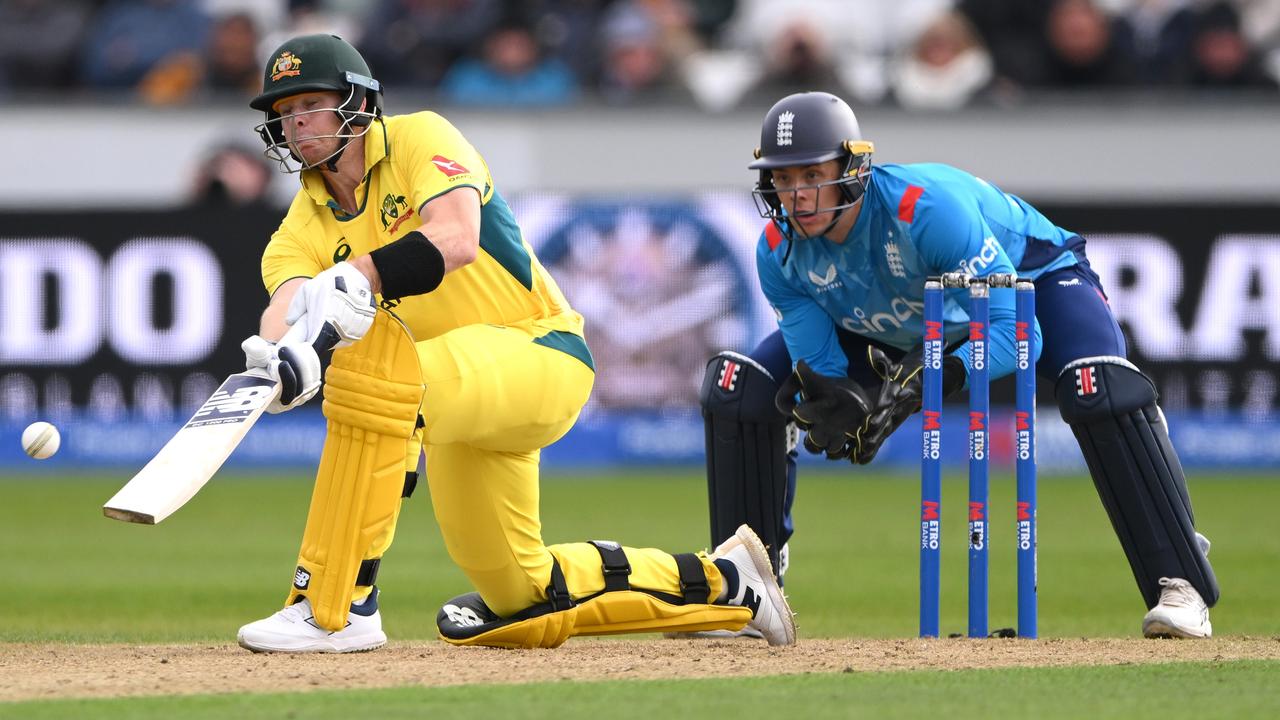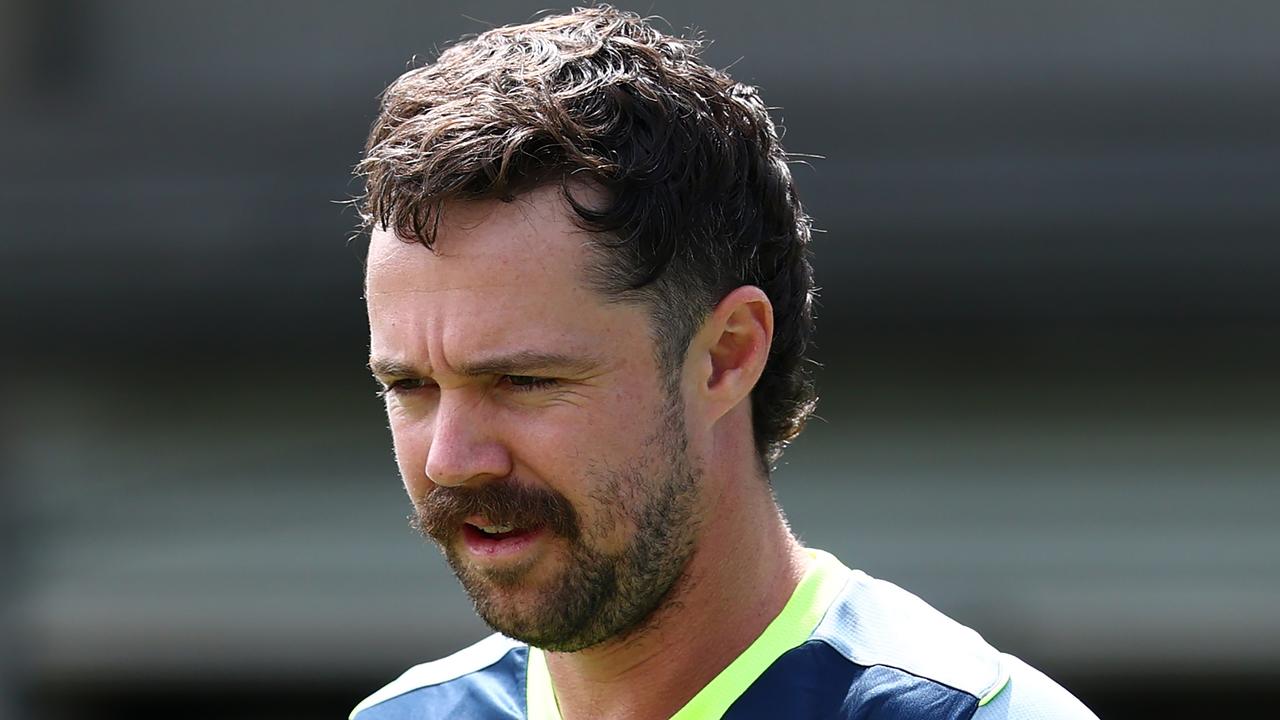His career pre-dates YouTube and Facebook, now Anderson’s exit sets stage for a Bazball Ashes assault

- by Admin
- May 13, 2024

“It was eye-opening, definitely,” Anderson told this masthead in 2021. “That was never the way I’d played cricket or seen cricket played either. It was this really super-confident way of like, ‘we are so much better than you and we are going to absolutely destroy you, no matter how old you are, no matter how many games you’ve played’. It was this real domineering kind of feeling you’d get when you walked on the field.”
By 2010, however, Anderson had channelled that behaviour into his own bowling, speaking freely and brusquely to opponents in a manner that stuck with a young Steve Smith, among others, as the Englishman spearheaded a 3-1 Ashes drubbing of Australia. By 2017, Smith would retort:
“I think it’s interesting coming from Jimmy, calling us bullies and big sledgers. I think he’s one of the biggest sledgers in the game, to me in particular. I remember back in 2010, when I first started and wasn’t any good, he was pretty happy to get stuck into me then.”
Jimmy Anderson leaves the field after claiming his 700th Test wicket, in India in March.Credit: Getty
Combined with the off-field shyness that might often have Anderson and Cook sharing room service meals on the road without a single word shared between them, the spiky words towards opponents irked many of the players Anderson came up against.
Nonetheless, they had to admire the way he used his wiry, supremely efficient frame when bowling, and also how stout-hearted he could be as a tailender. Here and there, via county stints in particular, a handful of Australians got to know and admire him, from Usman Khawaja in 2014 to Nathan Lyon this year.
For Khawaja, who absorbed everything England could hurl at him during last year’s Ashes tour, Anderson’s drought of wickets in his final series against Australia had not been a case of diminished skills as much as elusive luck and wary opponents.
“People were saying ‘Jimmy Anderson’s lost it’ but he still had the best economy in the Ashes,” Khawaja said. “He should have got me out two or three times in that first innings at Lord’s, or first over second innings at Edgbaston. And if he gets that first wicket Jimmy could go through any team in the world. Jimmy was in the game the whole time.”
In calling time on Anderson’s career, McCullum was not thinking about what Anderson had lost so much as what England needed to gain. Aside from 2010-11, when Anderson and England made the most of a damp summer and a skittish Australian batting lineup, every Ashes series in Australia over the past 20 years has been largely decided by the home side’s faster, bouncier and more durable fast bowling battery.
It’s been noted among the England hierarchy that over the past two years, their pace bowlers have sent down only around 10 per cent of their deliveries at speeds of better than 85 mile per hour or 137kph. by contrast, Pat Cummins, Mitchell Starc and Josh Hazlewood have specialised in consistently topping 140kph while being just as accurate – ideal for hot days on hard pitches with the Kookaburra ball.
Loading
In encouraging Anderson to finish up now, after also farewelling Stuart Broad at the end of last year’s Ashes tour, McCullum and Ben Stokes have cleared the way for a younger generation, ideally bowling at sharper pace, to test Australian reactions in the manner Shamar Joseph did so wonderfully for the West Indies at the Gabba.
During the 2021-22 Ashes, it was Mark Wood’s speed that gave Australia the most discomfort; it is hard to see medium-fast merchants like Chris Woakes or Ollie Robinson making another trip to Australia. Instead it will be up to Josh Tongue, Brydon Carse, Matthew Potts or Gus Atkinson – all quicker bowlers than Anderson or Broad.
Together, that new group may give Australia’s top six more of a hurry-up next time around, especially if it is still populated by older players like Smith or Khawaja.
But it is hard to see any of them putting together careers even half as long or impactful as Anderson. His retirement does not mark the end of one era, more like three of them.
News, results and expert analysis from the weekend of sport sent every Monday. Sign up for our Sport newsletter.
The Latest News
-
December 25, 2024Christmas at the ‘G! Aussie stars and family lap up big day
-
December 25, 2024‘They’re the idiots who picked me’: Aussie skipper’s hilarious message to relieve pressure on new opening sensation
-
December 25, 2024Aussie path to Champions Trophy glory begins with Ashes clash as schedule revealed
-
December 24, 2024‘Good to go’: Head’s cheeky injury jab as ‘unbelievable’ Aussie run machine gets green light
-
December 24, 2024World No.1 weighs in as doping cases rock tennis





